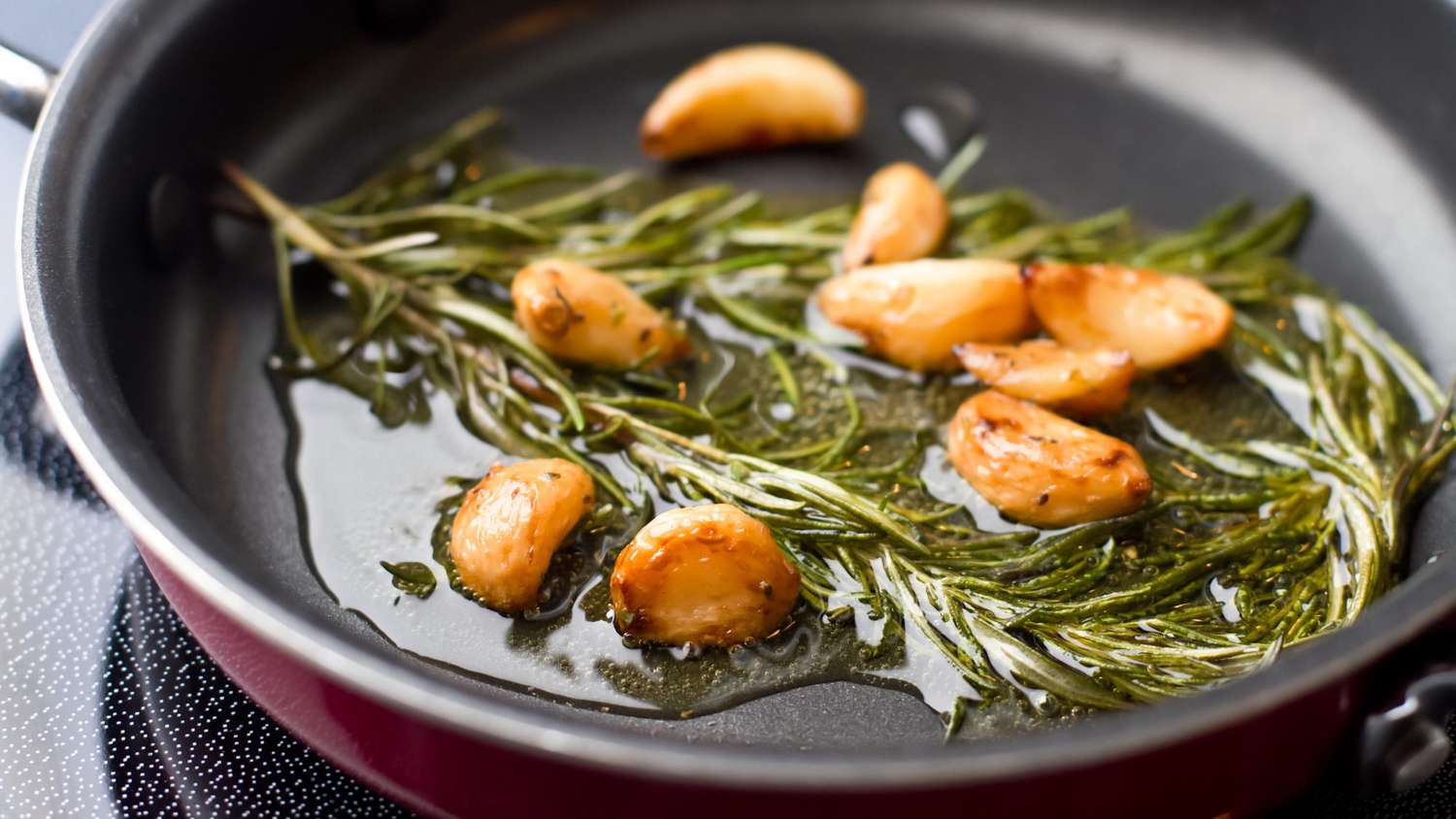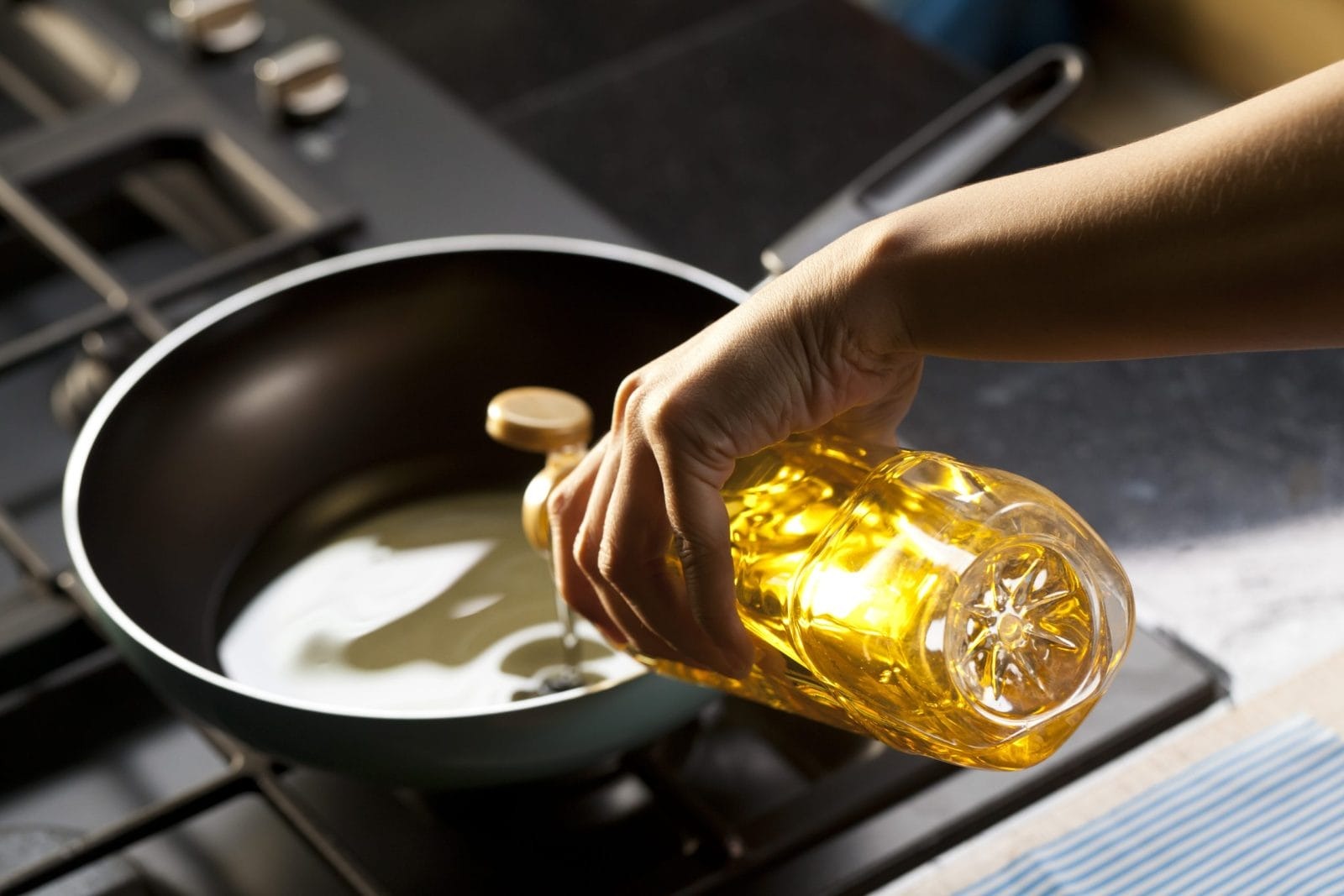Olive oil, often hailed as liquid gold, has been a staple in kitchens across the globe for centuries. While its culinary uses are well-celebrated, there's growing curiosity about its skincare benefits. So, what does olive oil do for your skin? This article delves into the many ways olive oil can elevate your skincare routine, giving you a comprehensive understanding of its advantages.

Why Olive Oil Is a Skincare Staple
From ancient beauty rituals to contemporary skincare routines, olive oil has been a go-to for achieving glowing skin. Packed with essential nutrients, antioxidants, and vitamins, olive oil offers a natural remedy for a variety of skin issues. Let's explore why it's considered a cornerstone in skincare.
Rich in Antioxidants
One of the primary reasons olive oil is good for your skin is its rich antioxidant content. Antioxidants fight the damaging effects of free radicals, which can speed up aging and cause various skin problems. Applying olive oil helps neutralize these free radicals, promoting a youthful and vibrant complexion.
Moisturizes and Hydrates
Olive oil is an excellent natural moisturizer that can effectively lock in moisture, keeping your skin hydrated and supple. Its emollient properties create a protective barrier on the skin's surface, preventing moisture loss. Whether you have dry, normal, or sensitive skin, incorporating olive oil into your routine can provide the hydration your skin craves.

Essential Nutrients and Vitamins in Olive Oil
Olive oil is a powerhouse of essential nutrients and vitamins that promote skin health. Understanding these components can help you appreciate the true value of olive oil in your skincare regimen.
Vitamin E: The Skin Savior
Vitamin E, a prominent nutrient in olive oil, offers incredible benefits for the skin. Known for its anti-inflammatory properties, vitamin E helps soothe irritated skin, reduce redness, and accelerate the healing process of minor wounds. Regular use of olive oil can improve the appearance of scars and blemishes, leaving your skin looking flawless.
Omega Fatty Acids for Skin Nourishment
Olive oil is rich in omega-3 and omega-6 fatty acids, essential for maintaining healthy skin. These fatty acids help strengthen the skin's natural barrier, improving its resilience and ability to retain moisture. By incorporating olive oil into your skincare routine, you can nourish your skin from within, promoting a healthy and glowing complexion.

How to Use Olive Oil for Skincare
Now that we understand its benefits, let's explore the various ways you can incorporate olive oil into your skincare routine. From simple DIY remedies to luxurious treatments, there are countless ways to harness the power of olive oil for your skin.
Olive Oil Cleansing Method
The olive oil cleansing method is an effective way to remove impurities and makeup while nourishing your skin. Simply apply a small amount of olive oil to your face, massage it gently, and rinse with warm water. This method not only cleanses your skin but also leaves it feeling soft and hydrated.
DIY Olive Oil Face Masks
Create your own rejuvenating face masks using olive oil and other natural ingredients. For example, mix olive oil with honey and yogurt to create a hydrating and soothing mask. Apply it to your face, leave it on for 15-20 minutes, and rinse off with lukewarm water. This simple mask can provide an instant glow and leave your skin feeling refreshed.
Olive Oil as a Nighttime Moisturizer
For an intensive overnight treatment, consider using olive oil as a moisturizer. Before going to bed, apply a few drops of olive oil to your face and neck, gently massaging it in. The oil penetrates deeply into your skin, providing intense hydration and nourishment while you sleep. Wake up to plump and revitalized skin in the morning.

Common Concerns and Misconceptions
As with any skincare ingredient, there are common concerns and misconceptions associated with using olive oil. Let's address some of these to provide you with a clear understanding of its benefits and potential drawbacks.
Will Olive Oil Clog My Pores?
Contrary to popular belief, olive oil is non-comedogenic, meaning it won't clog your pores. However, if you have acne-prone skin, it's essential to use olive oil in moderation and ensure it is thoroughly rinsed off. Patch testing is always recommended before incorporating any new product into your routine.
Can Olive Oil Cause Allergic Reactions?
While rare, some individuals may be allergic to olive oil. If you have sensitive skin or a known allergy to olives, it's crucial to perform a patch test before using olive oil on your skin. Apply a small amount on your forearm and wait 24 hours to see if any adverse reactions occur.
Real-Life Testimonials
Many individuals have experienced remarkable benefits from using olive oil in their skincare routines. Here are some real-life testimonials from those who have incorporated olive oil into their daily regimen:
Emma's Story
'I struggled with dry skin for years, and nothing seemed to work. Then I started using olive oil as a nighttime moisturizer, and the results were amazing. My skin feels so much softer and more hydrated. I can't recommend it enough!'
John's Experience
'As someone with sensitive skin, finding the right skincare products has always been a challenge. Olive oil has been a game-changer for me. It's gentle, soothing, and helps calm any redness or irritation. I'm a true believer in its benefits.'
Expert Opinions
To provide a well-rounded perspective, let's hear from skincare experts on the benefits of olive oil:
Dr. Lisa Thompson, Dermatologist
'Olive oil is a fantastic natural ingredient that can benefit various skin types. Its moisturizing properties and high antioxidant content make it an excellent addition to any skincare routine. However, it's important to use it in moderation and ensure it suits your skin type.'
Mary Johnson, Skincare Specialist
'I've seen firsthand the positive effects of olive oil on my clients' skin. Its nourishing properties and ability to soothe inflammation make it a valuable asset in achieving healthy and glowing skin. I often recommend it as part of a holistic skincare approach.'
FAQs
Can olive oil help with acne?
While olive oil is non-comedogenic, individuals with acne-prone skin should use it with caution. It's advisable to patch test and consult with a dermatologist before incorporating it into an acne skincare routine.How often should I use olive oil on my skin?
The frequency of olive oil usage depends on your skin type and personal preference. For dry skin, using it as a moisturizer or in face masks 2-3 times a week can be beneficial. Adjust according to your skin's needs.Is extra virgin olive oil better for skincare?
Yes, extra virgin olive oil is recommended for skincare due to its higher purity and nutrient content. Look for cold-pressed, organic options for the best results.
In conclusion, olive oil is a versatile and powerful ingredient that can transform your skincare routine. From its antioxidant-rich composition to its hydrating properties, olive oil offers a natural solution for achieving radiant and healthy skin. Embrace the benefits of olive oil and unlock its potential for your skincare journey.
For more information on the benefits of olive oil for skin, you can visit this Healthline article.
For those interested in more natural skincare solutions, check out our article on home remedies. Read our guide on natural moisturizers to find out more about incorporating olive oil and other natural ingredients into your routine.
For more tips on maintaining healthy skin, visit our skincare tips section.
Additionally, you might want to know how natural oils affect anti-aging and how they compare with conventional treatments.
For external home care, you might want to explore this guide on cleaning grout from Architectural Digest, especially if you love holistic living.
As an Amazon Associate, I earn from qualifying purchases.






Leave a comment
This site is protected by hCaptcha and the hCaptcha Privacy Policy and Terms of Service apply.